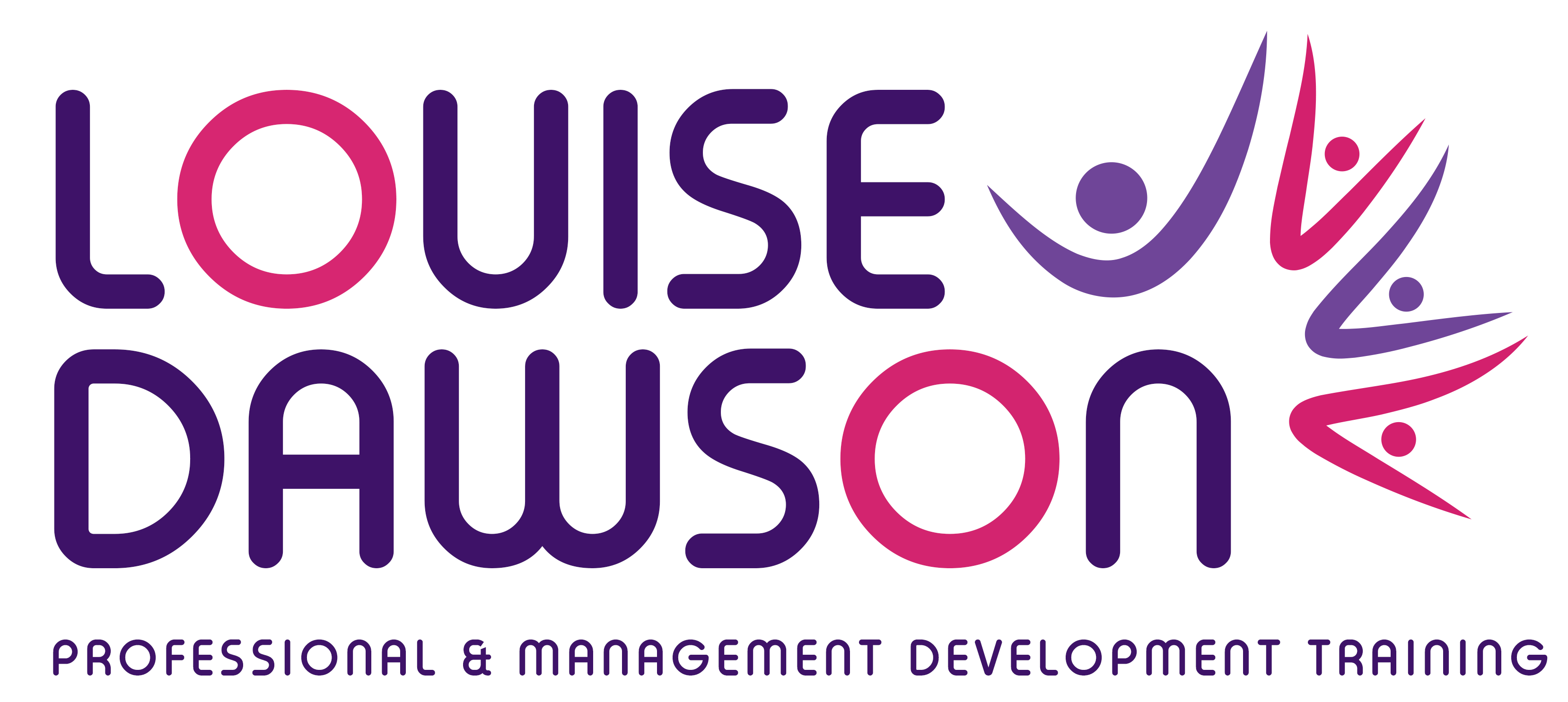At this time of year, I am one of those geeky people that enjoys receiving new frameworks and guidance. Like many school leaders, I often find that the documentation (which comes from regulatory bodies) is filled with new ways of thinking about the challenges and barriers faced by schools and families.
This week saw the release of the Dubai Wellbeing Self Evaluation (SEF) and the Inclusion SEF.
The first pleasure is that the Inclusion SEF has been streamlined. Now that schools have a strong handle on the required changes (since the implementation of the Dubai Inclusive Education Policy Framework), it is pleasing to see this reflecting in the type of evidence being requested. There are now five categories of evidence required and each category hones in on specific areas. With leadership, governance and parents remaining at the forefront of provision; identification, intervention, curriculum, support, assessment and achievement remain key priorities.
Good quality evidence gathering, which ensures continued quality education and equity for as many of our young people as possible, is essential.
With many schools enhancing their provision for young people with the highest needs, it is pleasing to see this reflected in the SEF and watching the progress of the city over the past 12 years is warming.
On the ground, we know that some are still struggling. We know that occasionally there are challenges. We know that privately financed support is still incredibly difficult for families to manage. However, we are seeing real progress, which means that burdens will lower over time. As we work together in continuous improvement of provision, more provision becomes available. This means more staff are trained, more options are available, more schools become skilled, and more spaces become available. It may be slower than we like for that child of today, but the future is looking bright and I am proud to work in this city, alongside amazing families and schools.


